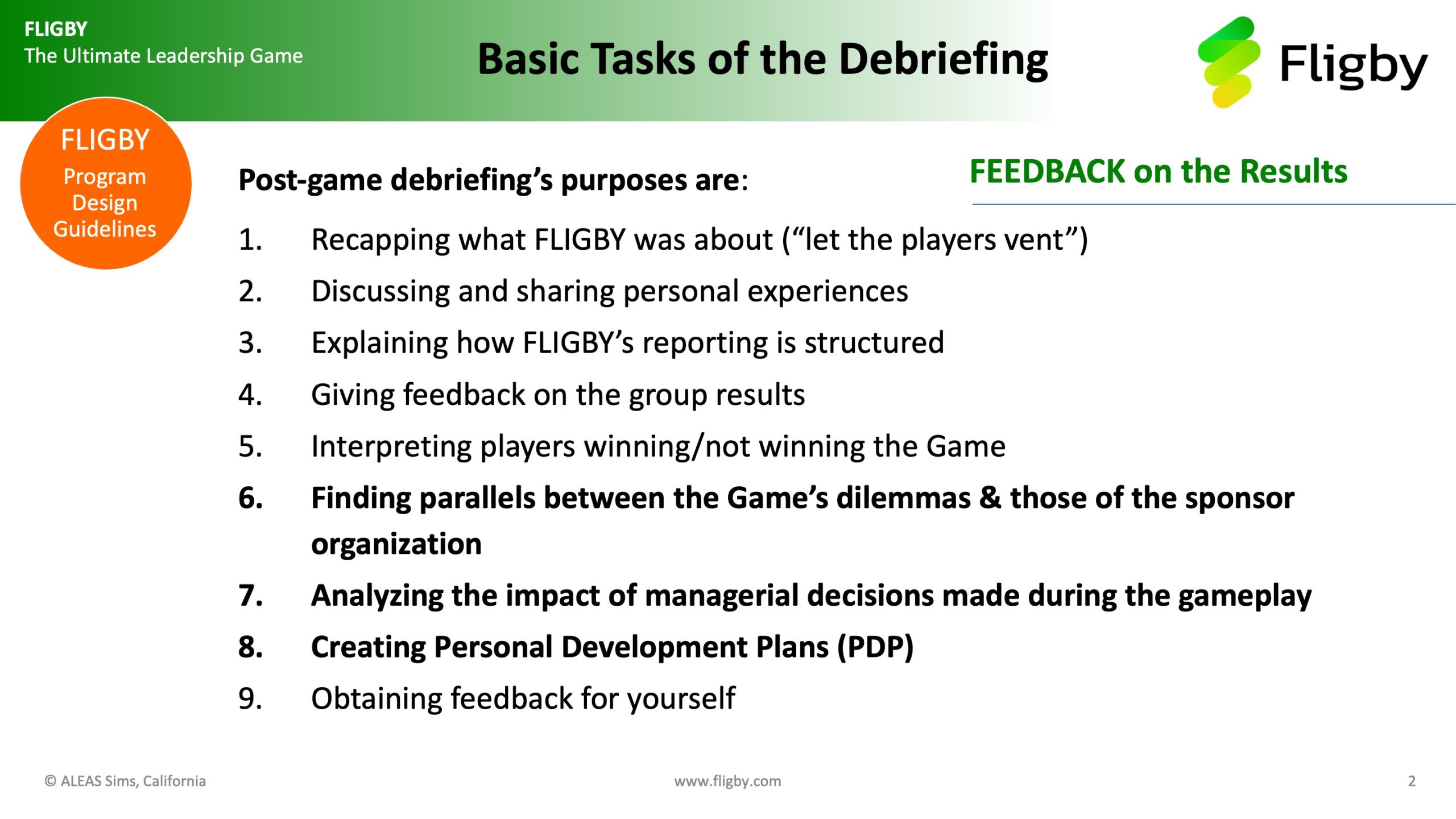FLIGBY Simulation in Talent Development – Use case
Talent Development as a Competitiveness Factor
They have already decided on FLIGBY: check out our references HERE!
Arranging talent development programs is a crucial competitive factor for large financial institutions as it directly impacts their ability to attract and retain top talent in a rapidly evolving market. With the increasing importance of skills related to digital transformation and advanced technologies, organizations that invest in comprehensive talent development initiatives can better equip their employees to meet the demands of the industry, thereby enhancing overall performance and innovation.
Moreover, effective talent development fosters a culture of continuous learning and growth, boosting employee engagement and satisfaction and positioning the institution as an employer of choice. In a landscape where a small subset of talent generates the majority of value, developing and nurturing this talent becomes essential for maintaining a sustainable competitive advantage.
Online simulations effectively support talent development at financial institutions by providing immersive, hands-on learning experiences that closely mimic real-world scenarios.
Simulation in Talent Development: Engaging the Next Generation
In 2023, the HR management of a primary Western European bank made FLIGBY part of its talent development program. Incorporating FLIGBY’s basic blended approach was intended to provide a realistic and engaging platform for participants to develop critical skills required in the banking industry. The simulation aimed to enhance decision-making abilities and foster collaboration among employees.
Younger employee generations prefer online tools, especially video game-like simulations, in their corporate training due to their familiarity with technology and interactive learning environments. Having grown up in a digital age, these employees are accustomed to engaging with gamified content, making learning more enjoyable.
An essential aspect of deciding on FLIGBY was that gamified training methods have been shown to enhance engagement and retention of information, leading to better learning outcomes. This approach aligned with younger workers’ expectations for dynamic and flexible training solutions that cater to their learning preferences, ultimately fostering a more effective and satisfying training experience.
How FLIGBY was implemented
FLIGBY was implemented as a core component of the bank’s talent development program, designed to enhance leadership skills and decision-making capabilities. Following the gameplay, detailed analytics and feedback were provided to help individuals and teams identify strengths and areas for improvement, fostering continuous growth within the organization.
The rollout followed the following process:
- Identifying Key Competencies – The bank’s talent development team identified the competencies necessary for success in various organizational roles. These included risk management, customer service, leadership, and effective communication.
- Creating Scenarios – The banking team collaborated with FLIGBY’s certified solution provider partner to design realistic scenarios that mirrored the challenges faced by the participants daily. These scenarios ranged from handling complex customer queries to managing high-pressure situations in trading environments.
- Customization – The debriefing actions were customized to align with the bank’s specific processes, policies, and systems. This allowed participants to gain practical experience within their organizational context.
- Engaging Learning Experience – Participants were required to make decisions, solve problems, and interact with virtual colleagues and superiors. The simulation provided real-time feedback, allowing participants to learn from their actions and evaluate the consequences of their decisions.
- Collaboration and Teamwork – The “after action” debriefing programs incorporated collaborative elements, enabling participants to work in teams and practice effective communication and teamwork. This fostered a sense of camaraderie and encouraged employees to collaborate across departments and hierarchies.
- Performance Evaluation – The simulation recorded each participant’s performance, including their decision-making results, problem-solving approach, and communication skills. This data was used to provide personalized feedback and identify areas for improvement.
Results and Benefits
“As a participant in the FLIGBY program, I found the experience transformative for my professional growth. The realistic scenarios challenged me to think critically and collaborate with my peers, ultimately enhancing my leadership skills and confidence in decision-making.” (N.D., financial analyst)
During the evaluation of the program, the bank documented notable results. These findings provided valuable insights into the program’s effectiveness and impact on employee development:
- Enhanced Skill Development – Participants reported a significant improvement in their decision-making abilities, problem-solving skills, and risk management capabilities. The simulation allowed them to practice these skills in a realistic environment, promoting confidence and competence.
- Increased Collaboration – The program facilitated cross-functional collaboration, breaking down silos within the organization. Participants better understood different roles and perspectives within the banking industry, leading to improved teamwork.
- Cost and Time Efficiency – Using FLIGBY reduced the need for traditional classroom-based training, saving time and resources. The virtual simulation allowed participants to learn at their own pace and replay scenarios to reinforce experiential learning.
- Talent Retention – The immersive and engaging nature of the simulation increased employee satisfaction and engagement, contributing to talent retention within the organization.
Integrating FLIGBY into the talent development program proved to be a successful endeavor. Online simulation and game results analytics gave participants a unique and immersive learning experience, enhancing their skills and fostering collaboration. This use case demonstrates the potential of Flig by Simulation in talent development programs across various industries, ultimately contributing to the growth and success of organizations worldwide.

